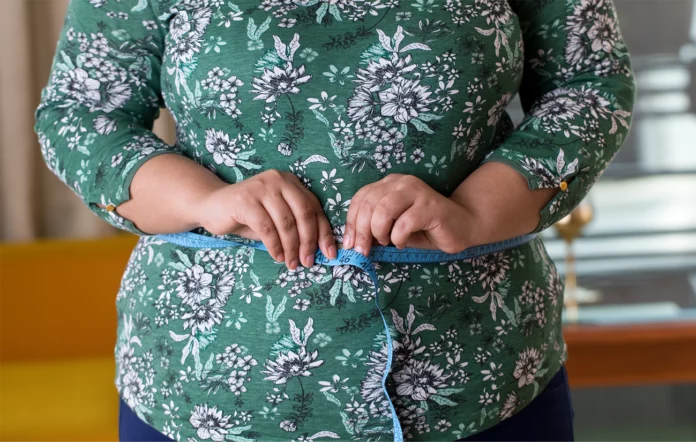It seems like our educated women in Kenya are carrying a little extra baggage. According to a recent government study, a whopping 50 percent of women aged 20 to 49 with more than secondary education are either overweight or obese. That’s quite a chunky statistic!
But wait, let’s not forget about the men. The study also found that 20 percent of men in the same age group were found to be obese. Looks like the ladies are taking the lead in this weighty battle.
Now, let’s break it down further. Among women, the percentage of obesity and overweight increases with education levels. So, the more educated a woman is, the higher the chances of her struggling with weight. It’s like an equation gone wrong.
But it’s not just education that’s a factor. Wealth plays a role too. Six out of ten women in the highest wealth quintile are obese, while only one in five women in the lowest wealth quintile face the same issue. It’s like a weighty burden that’s affecting our well-off ladies more.
And where you live matters too. Women in urban areas are more likely to be overweight or obese compared to their rural counterparts. It’s like the city lifestyle is adding some extra pounds to the scale.
The study also revealed a concerning trend. The percentage of women falling into the obese category has been on the rise. In 2014, it was 38 percent, but in 2022, it jumped to a hefty 45 percent. Looks like the numbers are piling up faster than the calories.
Now, let’s talk health implications. Overweight and obesity are no laughing matter. They increase the risk of various reproductive health issues and chronic diseases like diabetes, cardiovascular problems, and cancer. It’s like a heavyweight champion ready to knock you down.
Dr. Patrick Amoth, the Acting Director-General of Health, expressed his concern. He believes that this weighty situation could become our next pandemic, leading to an increase in non-communicable diseases. It’s like a heavyweight fight we need to tackle head-on.
But here’s the good news: prevention is key. We need to start early and educate our teenagers about healthy eating habits and the importance of physical activity. That way, we can avoid the burden of obesity and overweight as they grow older. It’s like planting the seeds of health for a brighter future.
The Kenya Health Policy 2014-2030 has set a goal to reduce the burden of non-communicable diseases. Prevention is the name of the game, my friends. By promoting a healthy diet that includes a variety of unprocessed foods and limiting sugary drinks and unhealthy foods, we can make a real difference. It’s like building a solid foundation for our health and development.
The study recommends ten healthy food groups to include in our diets, like cereals, pulses, dairy, and dark green leafy vegetables. A diverse diet is key to getting the essential vitamins and minerals our bodies need. It’s like a culinary adventure, exploring new flavors and nourishing our bodies at the same time.
